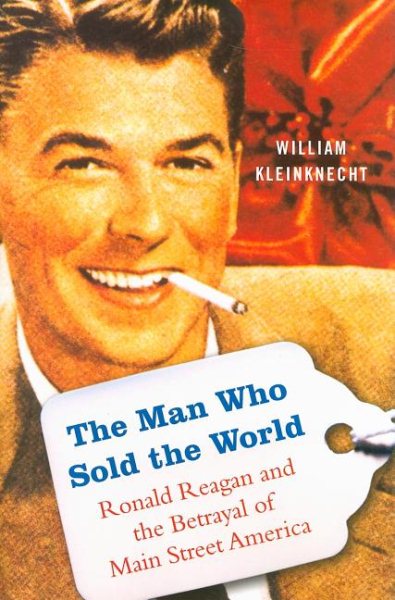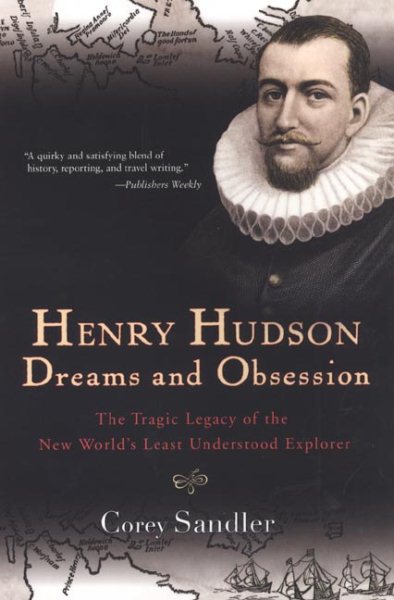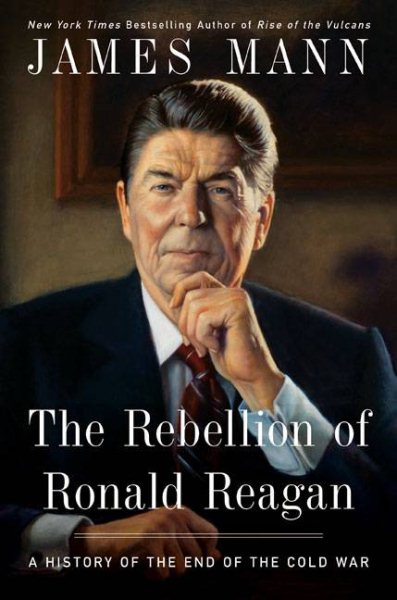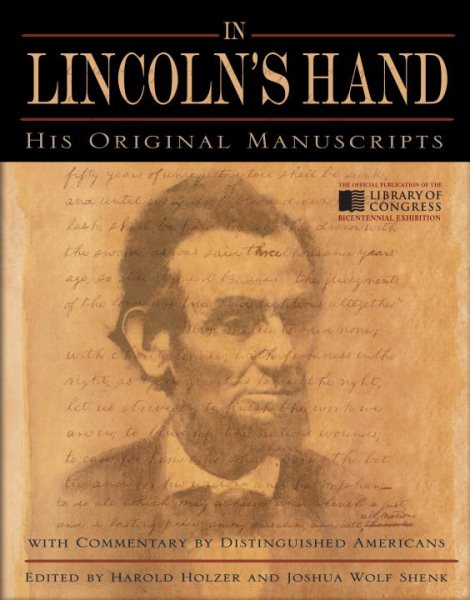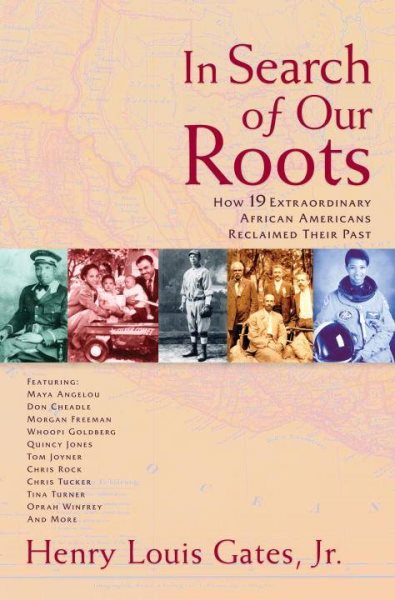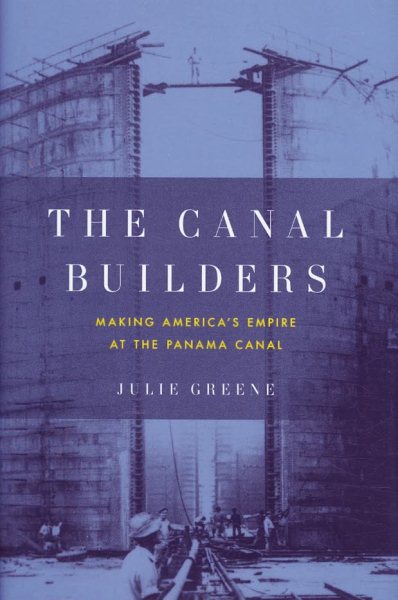 By Robert J. Mrazek
By Robert J. MrazekOne of the great untold stories of World War II finally comes to light in this thrilling account of Torpedo Squadron Eight and their heroic efforts in helping an outmatched U.S. fleet win critical victories at Midway and Guadalcanal. These 35 American men--many flying outmoded aircraft--changed the course of history, going on to become the war's most decorated naval air squadron, while suffering the heaviest losses in U.S. naval aviation history.
Mrazek paints moving portraits of the men in the squadron, and exposes a shocking cover-up that cost many lives. Filled with thrilling scenes of battle, betrayal, and sacrifice, A DAWN LIKE THUNDER is destined to become a classic in the literature of World War II.
(Check Catalog)


